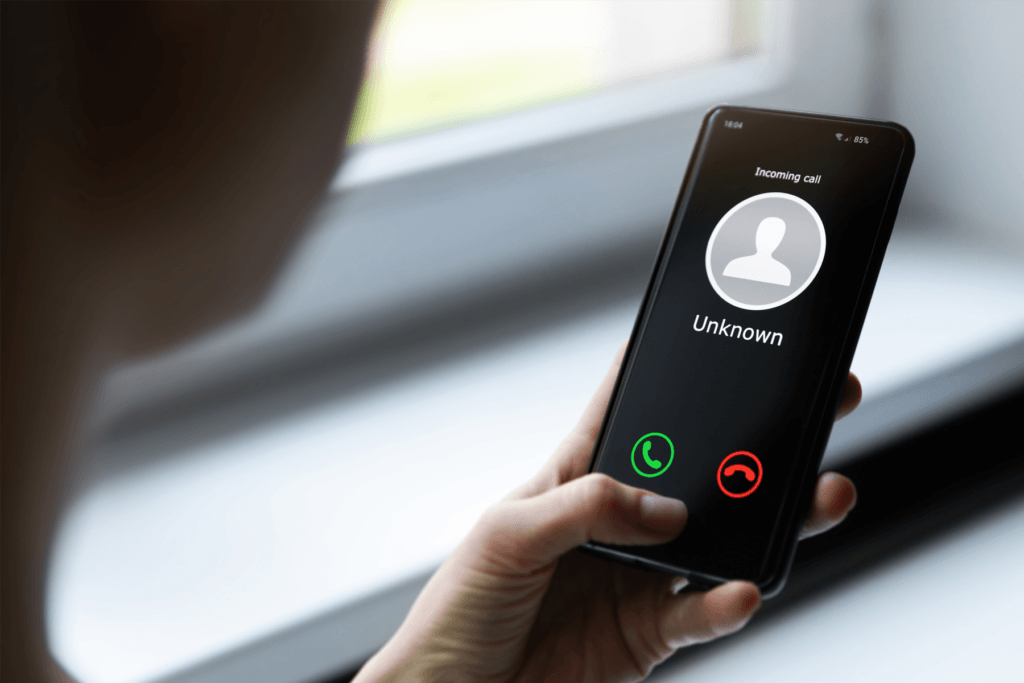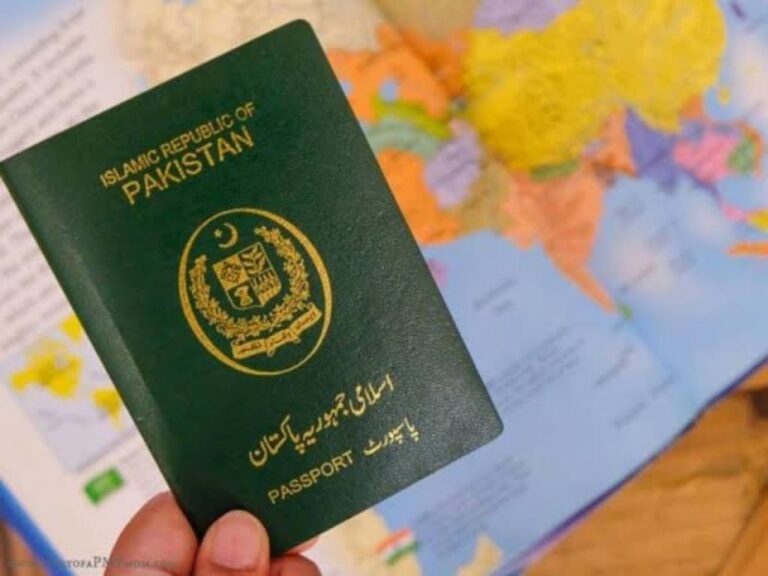Unknown Caller Phone Number Detailes: How to Identify and Avoid Scam Calls
Phones keep us connected, but not all calls are from people we can trust. Some scammers use unknown numbers to try and deceive us. It’s important to know how to verify whether a phone number is associated with a scam. In this guide, you’ll discover easy ways to check a phone number and ensure your safety.
Mobile phones have revolutionized communication, but they’ve also made it easier for scammers to target individuals. These fraudsters try to steal personal information or money by pretending to be someone you know. Knowing how to check if a Fresh SIM database is linked to a scam is vital in protecting yourself from these threats.
Understanding Unknown Callers: Be Cautious
When you receive a call from an unfamiliar number, it can be tempting to pick up. However, caution is essential. Scammers often disguise their numbers to appear as if they’re from trusted sources like your bank or even your friends and family. Why should you be cautious?
- Spoofing: Scammers use this tactic to make their number appear as if it’s from someone you trust, such as a government agency or a bank.
- Urgency: They often pressure you to act quickly, claiming that you’ve won something or that you’re in trouble with the law.
- Asking for Personal Information: Requests for sensitive data, like your credit card number or social security number, are often signs of a scam. Knowing how scammers operate can help you avoid their tricks.
The Risks of Scam Calls on Personal Security
At first, scam calls may seem harmless, but they can have serious consequences. These calls can affect your finances, safety, and peace of mind.
- Financial Loss: Scammers may trick you into sending money or sharing sensitive financial information.
- Privacy Violations: Scammers might steal your identity and use your details for fraudulent activities.
- Emotional Stress: Realizing you’ve been deceived can cause embarrassment, anxiety, and a sense of violation.
While scam calls may appear harmless, they can lead to significant damage.
How to Quickly Verify a Phone Number
It’s crucial to verify the identity of a caller before engaging with them. Here are some ways to quickly check Pak Sim Data:
- Google It: You can easily search the number online. People often post reviews or warnings about scam numbers.
- Reverse Phone Lookup Services: Use services like Whitepages, Spokeo, or Intelius to find out more about the caller, such as who owns the number and where it’s from.
- Minahil SIM Tracker: A useful tool to track SIM card information and determine whether a number is linked to any known scams. You can gather details about the owner and location to assess the legitimacy of the call.
These tools will help you determine whether a number is associated with a scam.
Recommended Tools to Check Unknown Numbers
Several apps and websites are available to help verify unknown phone numbers. Here are some popular ones:
- TrueCaller: TrueCaller identifies unknown callers and warns you of spam or scam calls. It also allows you to block unwanted numbers.
- Whitepages: Whitepages lets you search for a number and provides details such as the caller’s name and address.
- Hiya: Hiya offers spam call blocking and alerts you if a number has been flagged as a scam.
- Spy Dialer: Spy Dialer offers free phone number lookups to help identify the owner.
These apps are invaluable for staying safe from scam calls.
Key Signs to Identify Scam Calls
Here are some red flags to watch out for when you receive a suspicious call:
- Unsolicited Calls: If you didn’t request the call, it could be a scam. Scammers often cold-call people with offers of free things.
- Pressure to Act Quickly: Scam callers often try to create a sense of urgency, like claiming you’ve won a prize or need to pay a fine immediately.
- Too Good to Be True Offers: Promises of large prizes or unexpected money are often scams.
- Requests for Personal Information: Scammers may ask for sensitive data like your Social Security number or credit card details. Legitimate companies never ask for this information over the phone.
How Reverse Phone Lookup Can Help Spot Scams
Reverse phone lookup services are incredibly useful for determining whether a call is a scam. These services allow you to:
- Identify the caller’s name and location.
- See if the number has been flagged as a scam by other users.
- Gain a better understanding of whether the call is legitimate.
Using these services is one of the most reliable ways to identify scam calls.
Steps to Take if You Suspect a Scam Call
If you suspect a call is a scam, here’s what you should do:
- Don’t Share Personal Information: Never give personal details over the phone, especially to an unknown caller.
- Hang Up: If the caller seems suspicious or makes you uncomfortable, end the call.
- Verify with the Organization: If the caller claims to be from a company or government agency, contact the organization directly using a known phone number—don’t use the number provided by the caller.
- Report the Call: If you think it was a scam, report the call to your phone provider or local authorities.
How to Block or Report Scam Calls
If you determine a call is a scam, here’s how to stop it from happening again:
- Block the Number: Most smartphones allow you to block numbers, preventing calls from the same source.
- Report the Call: Report scam calls to the authorities or your phone provider. Many countries have dedicated hotlines for reporting scams.
- Use Call-Blocking Apps: Apps like TrueCaller or Hiya can block scam calls and warn you if a number is linked to fraudulent activity.
Why Scammers Use Unknown Numbers and How to Avoid Them
Scammers use unknown numbers to hide their identity and make you think they’re from a trusted source. Here’s how to avoid falling for their tricks:
- Don’t Answer Unknown Calls: If it’s important, the caller will leave a message.
- Use Spam-Blocking Apps: Many phones come with built-in spam blockers, or you can use third-party apps to screen calls.
- Be Cautious with Area Codes: Scammers might use familiar area codes to trick you into answering.
What to Do if You’ve Been Scammed
If you’ve fallen victim to a scam call, here’s what you can do:
- Report to Authorities: In the U.S., you can report scam calls to the Federal Trade Commission (FTC) to help stop similar scams.
- Consult a Lawyer: If you’ve lost money, consider seeking legal advice to explore options for recovering your funds.
- File a Complaint: Reporting the scam can help protect others from similar fraud.
Conclusion
Knowing how to check if a phone number is a scam is an essential skill to protect your personal information. By using reverse phone lookup tools, being aware of warning signs, and blocking or reporting scam calls, you can stay safe. If something sounds too good to be true, it probably is!







